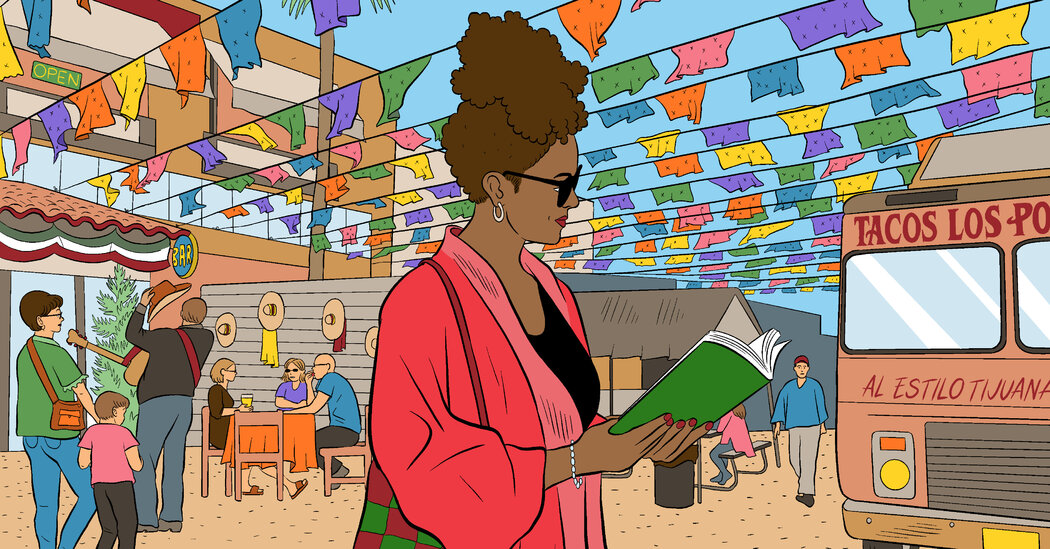No one is better positioned to affect this literature than Natalie Diaz, the director of the Center for Imagination in the Borderlands at Arizona State University. A winner of the Pulitzer Prize for poetry and a self-described “language activist,” Diaz is brilliant and powerful, and you need to read both “When My Brother Was an Aztec” and “Postcolonial Love Poem.”
Finally, the wizard, the curandero, the presidente: Juan Felipe Herrera. A former U.S. poet laureate and son of migrant farmworkers. My homeboy from Barrio Logan in San Diego. His selected poems in “Half of the World in Light” are a magical mystery tour, not only along the border but through the universe. Herrera is a kind of psychedelic drug and he will make you see visions. His voice is the distillation of all of our journeys.
What novels will transport me?
Borderlands authors are many. One of the best and most authentic is Denise Chávez. Her milieu is the often overlooked southern New Mexico and West Texas world of frontera families, and the tall tales that flourish there. She is the queen of the generation that surged in the 1980s and beyond — a strong feminist voice free of cant and bursting with delight. Her novel “Loving Pedro Infante” will begin your Chávez collection, and you won’t want to stop. Another groundbreaker is the poet and novelist Ana Castillo and her border classic “So Far From God.” Both of these writers tell the stories of women on the American side of the line in vivid color, in many tones and in both languages.
I also highly recommend anything by Benjamin Alire Sáenz. His “Aristotle and Dante” young adult novels are immensely popular, but I regard his poetry with helpless envy. Start with his story collection “Everything Begins and Ends at the Kentucky Club,” which won the PEN/Faulkner Award for Fiction, and his poetry collection “Elegies in Blue.”
What audiobook would make for good company while I walk around?
The oldest, most venerable literary tradition along the borderline is oral. I didn’t start out reading books: I sat at the feet of old women telling ghost stories and fanciful family histories (and recounting dyspeptic gossip about other relatives). They were my first lit professors.
In my opinion, rather than audiobooks, you should listen to the music of the border, because it will be easier to absorb and you can dance to it. Every song is a novel or a book of poems, because the borderlands don’t talk: They sing. Music…
Click Here to Read the Full Original Article at NYT > Travel…
